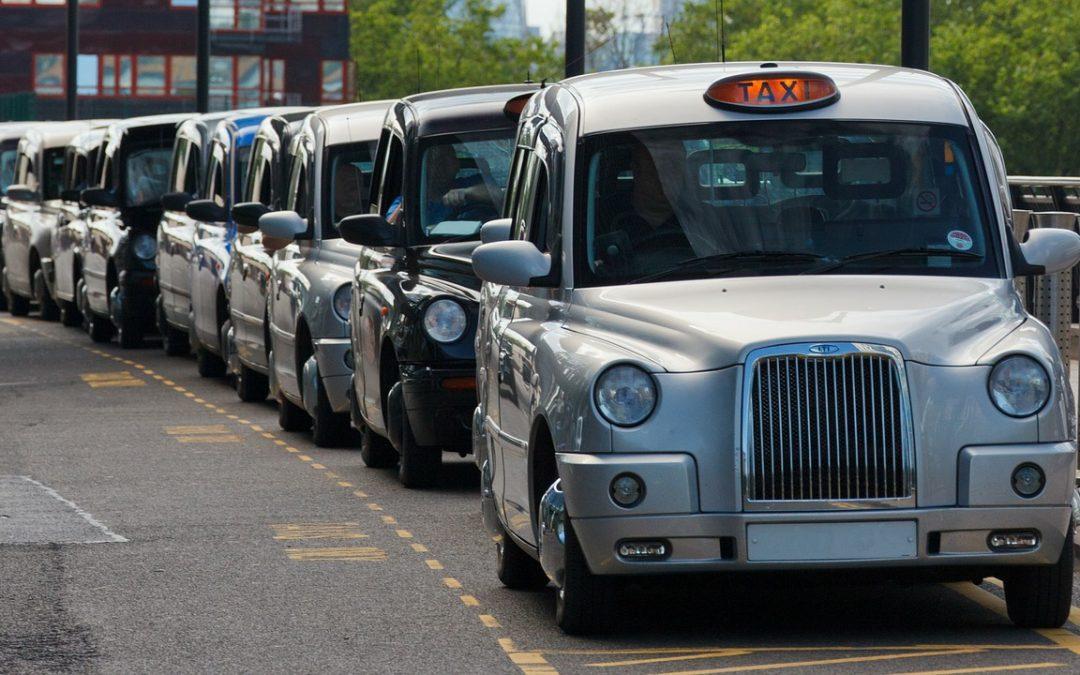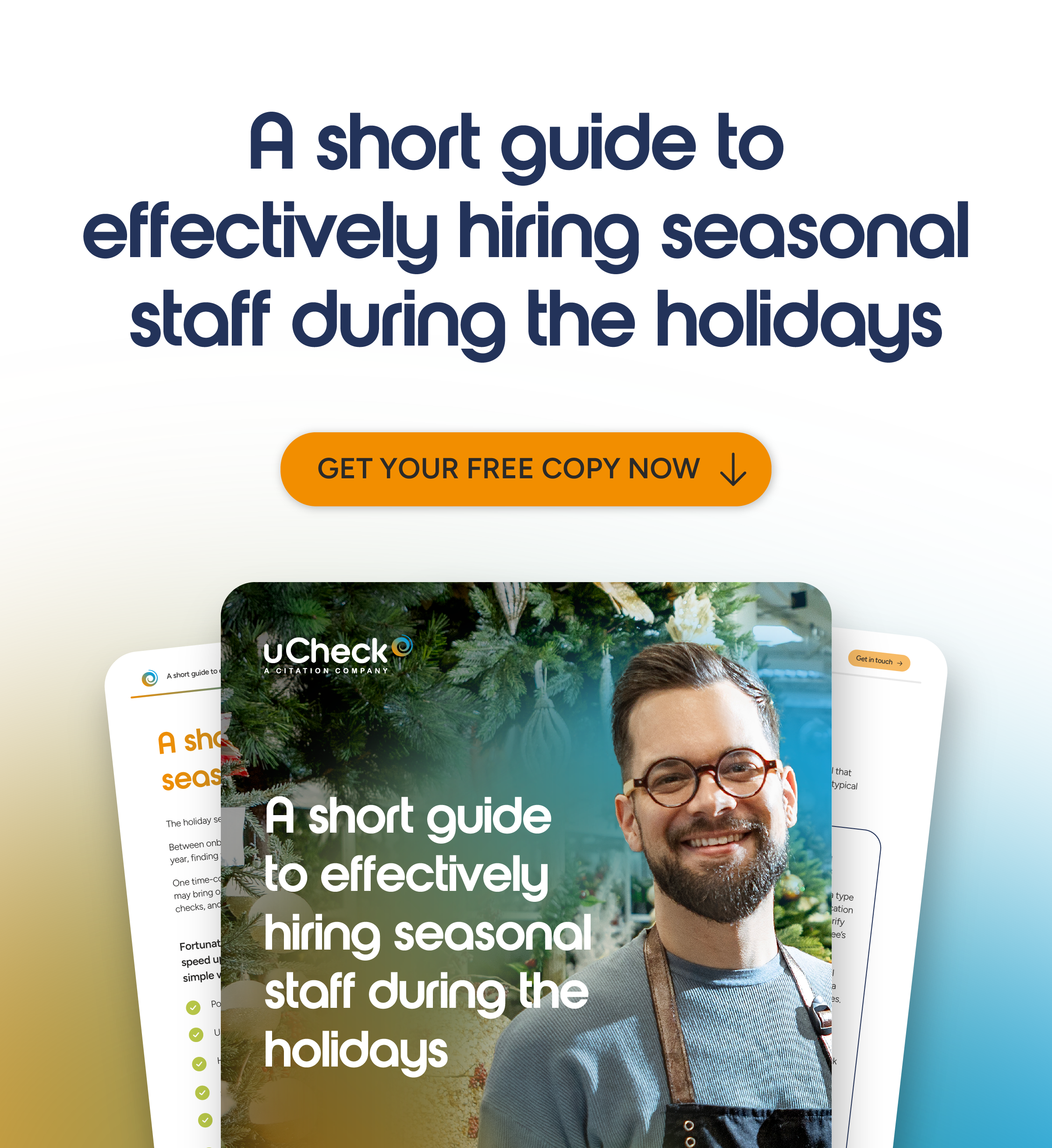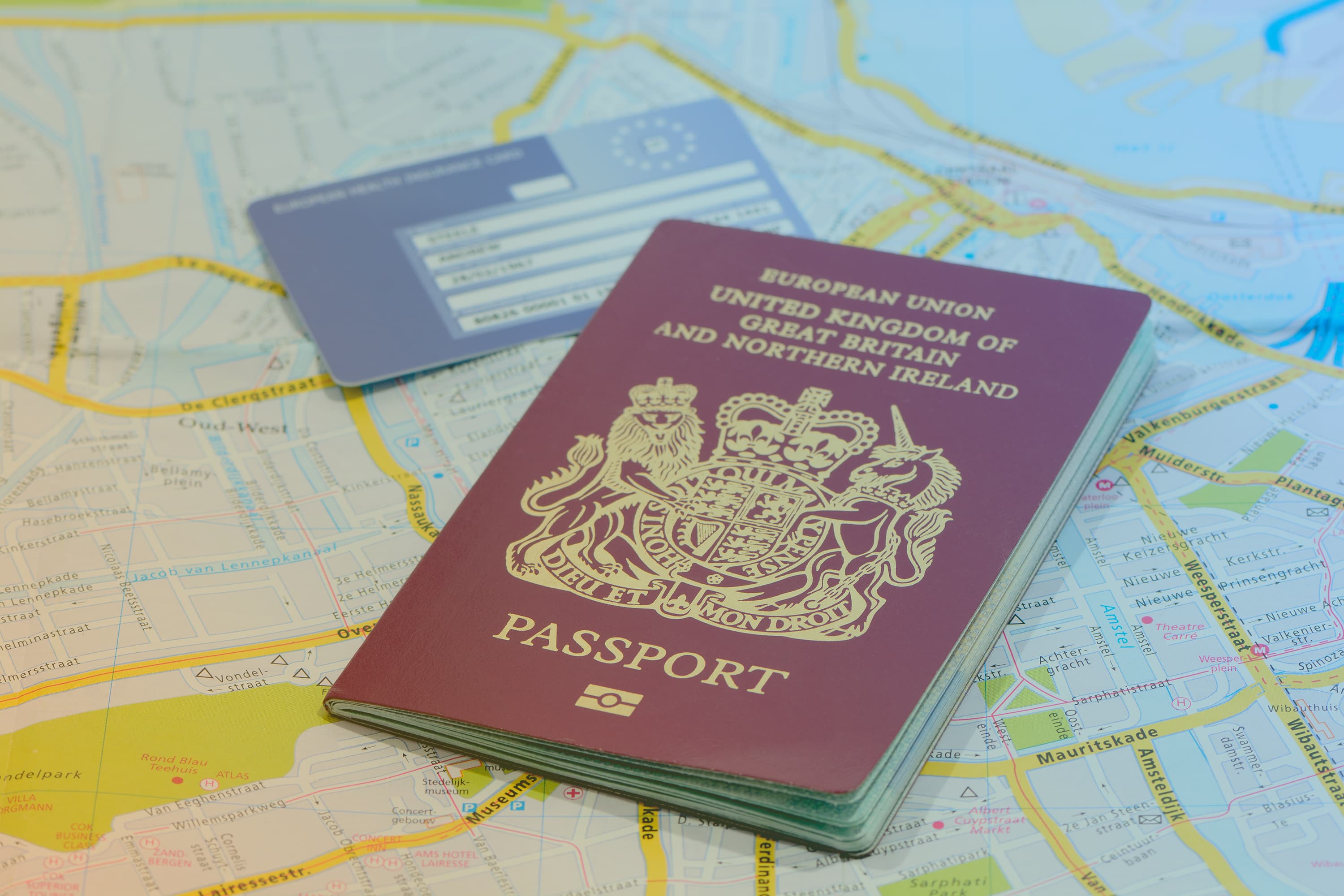Disclosure and Barring Service (DBS) checks for taxi drivers are essential and shouldn’t be ignored. As a taxi driver, the nature of your role typically means that you’ll be entitled to the highest level of DBS check. But how can you obtain this check? And what are the different application options available to you?
This blog will talk you through the process, all the way from determining which level of check is most suitable, to the best way to apply for a DBS check as a taxi driver. Buckle up!
DBS checks for taxi drivers: the process explained
If you drive or are considering driving a taxi or private hire vehicle (PHV), it’s important to understand the rules around DBS checks for taxi drivers.
DBS checks help determine whether a driver is suitable to transport the public, and help ensure the safety of passengers.
To make things simple, we’ve put together a guide to explain the process for obtaining DBS checks for taxi drivers. Let’s take a look.
DBS checks for taxi drivers: who is eligible?
Applicants for taxi and PHV licences are eligible for an enhanced DBS check, with a check of both the adults’ and children’s barred lists. This is the highest level of DBS check available.
In most cases, an applicant must engage in regulated activity to be eligible for this type of check. This doesn’t apply to taxi and PHV drivers, but they’re eligible regardless.
In 2012, the UK government introduced guidelines which meant that all taxi and PHV drivers would be eligible for enhanced DBS checks. Previously, only drivers who regularly picked up vulnerable people were eligible. These changes help to minimise risk and provide reassurance to passengers, no matter who they are.
The licensing authority must apply for this type of check on behalf of taxi and PHV licence applicants – drivers can’t apply for the check themselves.
When applying for a DBS check for taxi drivers or PHV drivers, you should select ‘Other Workforce’ on the application form. You need to make sure that you select the right workforce type, as it can influence the information that’s revealed on the DBS certificate. The ‘workforce’ selected on the DBS application will differ depending on whether the driver will specifically be transporting vulnerable groups (‘child and adult workforce’), or taking on a general taxi or private hire driver role (‘other workforce’).
Getting a taxi driver’s licence
Taxi driver licences are issued by local councils, and applicants for licences are usually required to undergo an enhanced DBS check before they can operate.
Most drivers will then be required to periodically undergo a new enhanced DBS check. The length of time between checks varies between different councils and employers, but the average length of time is every three years.
DBS checks for taxi drivers who transport children
If a taxi or PHV driver happens to pick up a child as part of their normal, licensed taxi driving work, then they are not engaging in regulated activity – even if the child is on their own.
A taxi or PHV driver will only be carrying out regulated activity if, as part of an arrangement or contract with a third-party organisation, they drive a vehicle only for children (including anyone supervising or caring for the children) for more than three days in a 30-day period. Say, for example, if a taxi driver were working under a contract with a school to take pupils to or from school, then the school would be the third-party organisation, and they would be the ones responsible for carrying out the appropriate checks on any drivers they work with.
If a parent paid a taxi driver privately to take their child to school, the driver wouldn’t be engaging in regulated activity, as this would be part of their normal taxi driving work.
Driving children: the eligibility
Taxi and PHV drivers who engage in regulated activity with children, like the example given above, are eligible for an enhanced DBS check with a children’s barred list check. The DBS check must be carried out by a third-party organisation.
If a driver transports children as part of a third-party arrangement, but does it fewer than three times in a 30-day period, they’re eligible for an enhanced DBS check without a barred list check. This is because they aren’t doing the activity often enough for it to be classed as regulated activity.
When applying for a DBS check for someone who will be driving children (whether or not they’re a licensed taxi or PHV driver), you should select ‘Child Workforce’ on the application form.
DBS check for taxi drivers who transport adults
Guidance from the Department of Health specifically excludes licensed taxi and PHV drivers from regulated activity with adults. This means that taxi and PHV drivers won’t be carrying out regulated activity, even if they meet the criteria.
However, there are specific circumstances where taxi and PHV drivers are eligible for a DBS check when driving adults. These circumstances are called ‘work with adults’.
A licensed taxi or PHV driver will be carrying out ‘work with adults’ if they frequently drive adults who are looked after by a health and social care service, or any activity specified in paragraph 9 or 10 of the Police Act 1997 (Criminal Records) regulations. You can check out this list of activities in Annex 1 of the DBS Adult Workforce Guide.
In this case, ‘frequently’ means:
- more than three times in any 30-day period
- overnight between 2 am and 6 am with the opportunity for face-to-face contact with the adult; or
- at least once a week on an ongoing basis
As with driving children, a taxi or PHV driver must be doing this work as part of a third-party arrangement for it to be classed as ‘work with adults’.
Driving adults: the eligibility
Taxi and PHV drivers who carry out work with adults, as detailed above, are eligible for an enhanced DBS check without a check of the adults’ barred list.
Remember, they’re not carrying out regulated activity, so you don’t get access to the adults’ barred list. And keep in mind, the DBS check still has to be carried out by a third-party organisation.
When applying for a DBS check for someone who will be driving adults (whether or not they’re a licensed taxi or PHV driver), you should select ‘Adult Workforce’ on the application form.
What is an enhanced DBS check?
An enhanced DBS check will reveal any spent or unspent convictions, cautions, reprimands or final warnings the applicant has.
It’ll also show any information held by local police that can reasonably be considered relevant to the role being applied for.
Licensing authorities will use the information revealed by the check to make a decision on whether the applicant is suitable to be a taxi driver.
Taxi and PHV drivers are exempt from the Rehabilitation of Offenders Act 1974. This means that convictions and cautions that would usually be considered spent can be taken into account by councils when making licensing decisions.
Will a criminal record prevent me from being a taxi driver?
If you have a criminal conviction, that doesn’t automatically mean you won’t be able to get a taxi driver’s licence. A licensing authority will look at your application and make a ruling based on the nature and severity of any offences committed.
How do I obtain a DBS check?
Unfortunately, individuals can’t apply for DBS checks on themselves.
If you’re a self-employed driver, you’ll need to contact your local council to apply for a licence to drive a taxi or private hire vehicle.
If you want to operate in London, you’ll need to contact Transport for London to apply for a licence.
As part of the licensing process, the licensing authority will usually carry out an enhanced DBS check.
If you’re employed by a company, the company may arrange a DBS check on your behalf.
They may often incorporate requesting DBS checks for taxi drivers as part of approving or granting a licence.
DBS checks for taxi drivers: conclusion
All drivers of taxis and PHVs are eligible for enhanced DBS checks, but they can only be obtained by a third party organisation.
Licensing authorities will usually require applicants to undergo a DBS check before they issue a licence.
And that’s about it! If you’d like to know more about DBS checks for taxi drivers, get in touch with us today – we’d be more than happy to help out. Happy driving!







